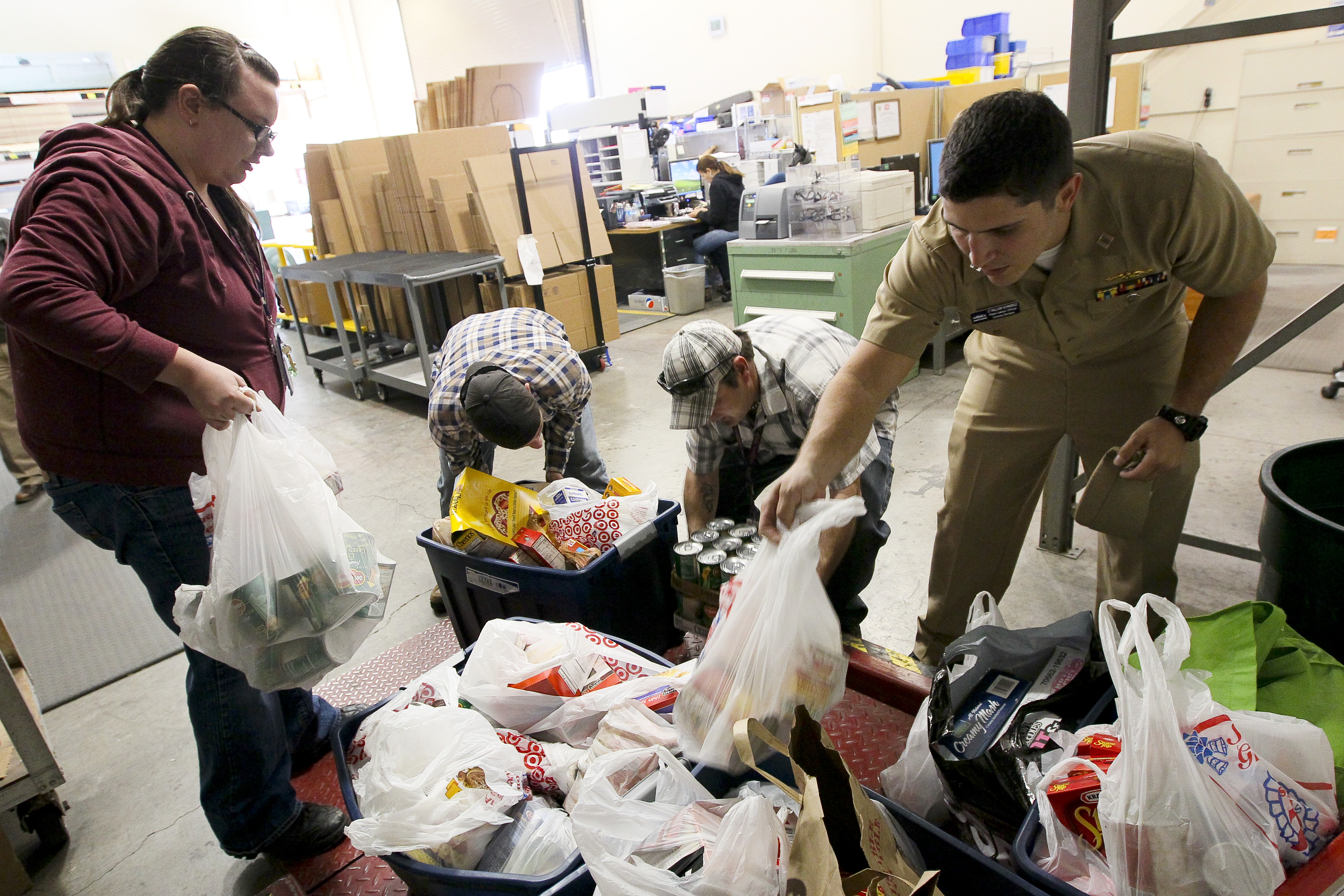
The next time you find someone that had not had a meal for several days, what would you do?
Would you give them some food?
In many cities, that impulse to be a good neighbor is illegal. Feeding the homeless has become a misdemeanor in towns across the country. Other cities that have not banned the practice outright have put in so many requirements, that feeding the homeless has become undoable for many people.
Cities are passing these laws because they don’t want homeless people hanging out in city centers where they know they will be fed.
At a time when scarcity and government dependence seem to be soaring to unheard of levels, is it truly a good idea to pass laws which keep people from helping others who are hurting?
The growing trend which bans feeding the homeless is another example that shows the nation is being taken over by control freaks. Among many, the idea seems to be that it is the job of the government to take care of everybody and that nobody else should even try.
It’s not like the government has “rescued” these homeless people. Shelters all over are turning people away for lack of room. There are many homeless people that are fortunate just to make it through the night during the winter.
Often a sandwich or a cup of warm soup can make a world of difference for a homeless person. However, many cities have decided that feeding the homeless is such a threat that law enforcement resources are wasted making sure it doesn’t happen.
Twisted? Yes. In America, a “permit” is needed to do almost anything. What is supposed to be a land of liberty and freedom has become a place where bureaucrats have turned our rights into “privileges” which can be revoked at any time — for any reason.
Some programs are standing bold in the face of misguided city leaders and government bureaucrats.
CalFresh Restaurant Meals Program (CRMP)
The CRMP allows the homeless, disabled and anyone 60 and over to use their CalFresh benefits to purchase meals from participating restaurants.
The program, started in 2005, offers benefits to eligible individuals since the homeless don’t usually have a place to store and cook food and the elderly/disabled may have challenges in preparing meals for themselves.
That’s where the CRMP comes in.
CalFresh participants are allowed to purchase prepared food through the Restaurant Meals Program (RMP). RMP makes it possible for members to buy hot, prepared meals with their EBT cards.
The program gives the participant a safe environment and the benefit from eating in a public place that actually welcomes their presence.
Food rescue is the practice of retrieving edible food that otherwise would go to waste and redistributing it to people in need.
In most cases, the recovered food is perfectly fine to eat, but not sellable such as “day old bread” or bagged lettuce which has gone past its “sell by” date.
The food that agencies pick up is donated by supermarkets, restaurants, and farms.
In many cases, the food is saved from the dumpster and finally the landfill.
Food recovered from farms is kept from being plowed under and is frequently harvested, or gleaned, by volunteers.
In progressive jurisdictions, businesses that participate in food resource receive tax breaks for their donation as well as protection from liability lawsuits.
Food not Bombs is a informal and loose-knit group of collectives which serve free vegan and vegetarian food to others.
The group’s belief is that corporate and government priorities allow hunger to persist in the midst of abundance.
To demonstrably illustrate this, a large amount of the food served is surplus food from grocery stores, bakeries, and markets that otherwise would end up in dumpsters.
Technology Helps
For tourists, business travelers or just someone who doesn’t want to cook all of the time, finding the best places to eat can be hit-or-miss. Without technology, a person could ask friends for recommendations or simply jump in and take a chance on something new.
In addition to letting a consumer know prices, cuisine and availability, many applications also announce if they’re part of a program which helps feed the homeless. This feature allows the socially conscious diner help the less fortunate in their city.
- Foursquare. An enormous success in recent years, Foursquare makes an excellent tool for finding new places to eat. By following people whose tastes you trust, along with advice on what to order, a person can tell the app what dish they’re in the mood for and the app will tailor the results to meet the needs of the diner.
- YumTable. Starting with finding a restaurant and getting free booking, YumTable sends confirmation for the diner’s arrival time and even allows for picking up the tab. Yumtable have recently partnered with DrinkWise.org.au, a non-for-profit organization created to help bring about a healthier and safer drinking culture in Australia. This partnership stays within the hospitality boundaries and also shines light on some key issues the industry faces with Australians.
Jerry Nelson is an American freelance photojournalist. Now based in South America, Jerry turns his pen -- and camera -- on social justice issues globally. Busy on assignment, Jerry is always interested in discussing future work opportunities. Contact him at [email protected] and follow him on Twitter.

